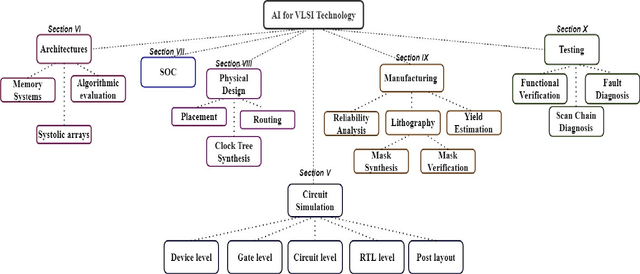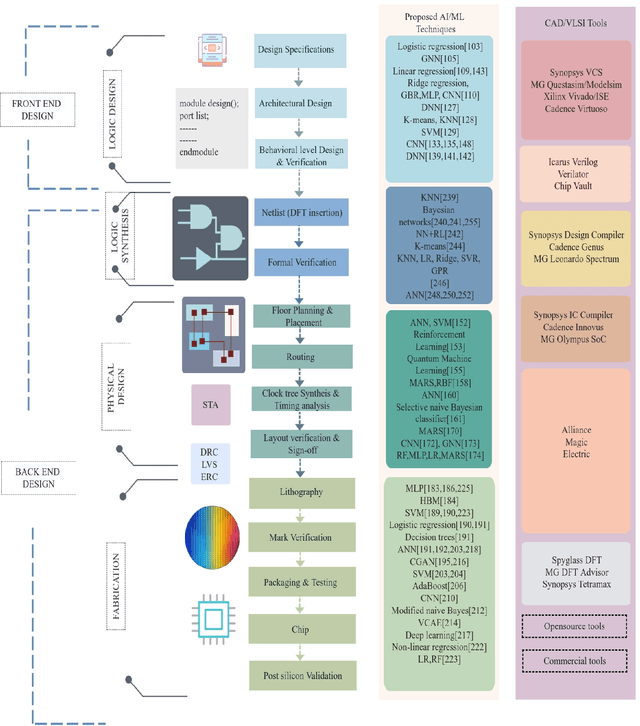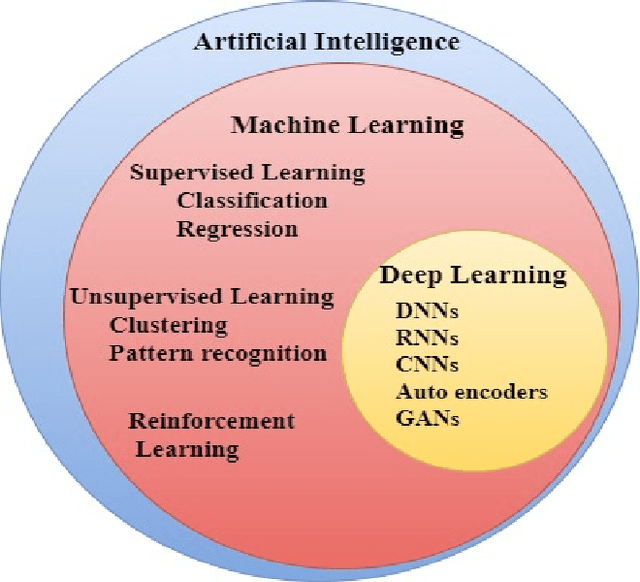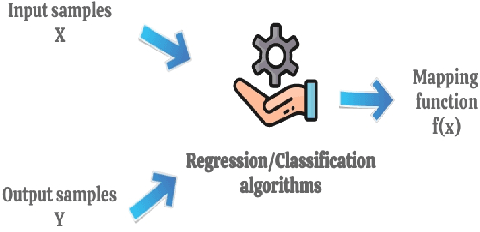Zia Abbas
Enhancing ML model accuracy for Digital VLSI circuits using diffusion models: A study on synthetic data generation
Oct 15, 2023Abstract:Generative AI has seen remarkable growth over the past few years, with diffusion models being state-of-the-art for image generation. This study investigates the use of diffusion models in generating artificial data generation for electronic circuits for enhancing the accuracy of subsequent machine learning models in tasks such as performance assessment, design, and testing when training data is usually known to be very limited. We utilize simulations in the HSPICE design environment with 22nm CMOS technology nodes to obtain representative real training data for our proposed diffusion model. Our results demonstrate the close resemblance of synthetic data using diffusion model to real data. We validate the quality of generated data, and demonstrate that data augmentation certainly effective in predictive analysis of VLSI design for digital circuits.
Qualitative Data Augmentation for Performance Prediction in VLSI circuits
Feb 15, 2023



Abstract:Various studies have shown the advantages of using Machine Learning (ML) techniques for analog and digital IC design automation and optimization. Data scarcity is still an issue for electronic designs, while training highly accurate ML models. This work proposes generating and evaluating artificial data using generative adversarial networks (GANs) for circuit data to aid and improve the accuracy of ML models trained with a small training data set. The training data is obtained by various simulations in the Cadence Virtuoso, HSPICE, and Microcap design environment with TSMC 180nm and 22nm CMOS technology nodes. The artificial data is generated and tested for an appropriate set of analog and digital circuits. The experimental results show that the proposed artificial data generation significantly improves ML models and reduces the percentage error by more than 50\% of the original percentage error, which were previously trained with insufficient data. Furthermore, this research aims to contribute to the extensive application of AI/ML in the field of VLSI design and technology by relieving the training data availability-related challenges.
AI/ML Algorithms and Applications in VLSI Design and Technology
Feb 21, 2022



Abstract:An evident challenge ahead for the integrated circuit (IC) industry in the nanometer regime is the investigation and development of methods that can reduce the design complexity ensuing from growing process variations and curtail the turnaround time of chip manufacturing. Conventional methodologies employed for such tasks are largely manual; thus, time-consuming and resource-intensive. In contrast, the unique learning strategies of artificial intelligence (AI) provide numerous exciting automated approaches for handling complex and data-intensive tasks in very-large-scale integration (VLSI) design and testing. Employing AI and machine learning (ML) algorithms in VLSI design and manufacturing reduces the time and effort for understanding and processing the data within and across different abstraction levels via automated learning algorithms. It, in turn, improves the IC yield and reduces the manufacturing turnaround time. This paper thoroughly reviews the AI/ML automated approaches introduced in the past towards VLSI design and manufacturing. Moreover, we discuss the scope of AI/ML applications in the future at various abstraction levels to revolutionize the field of VLSI design, aiming for high-speed, highly intelligent, and efficient implementations.
 Add to Chrome
Add to Chrome Add to Firefox
Add to Firefox Add to Edge
Add to Edge